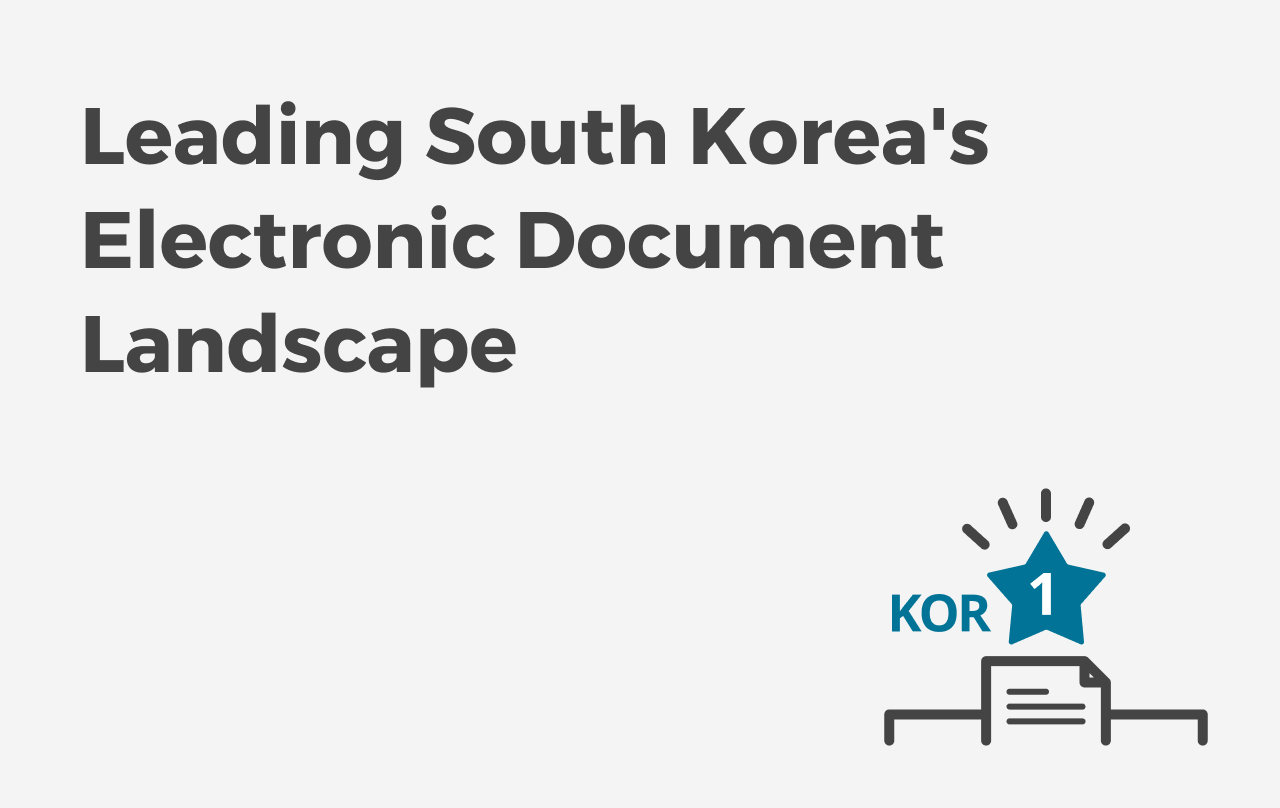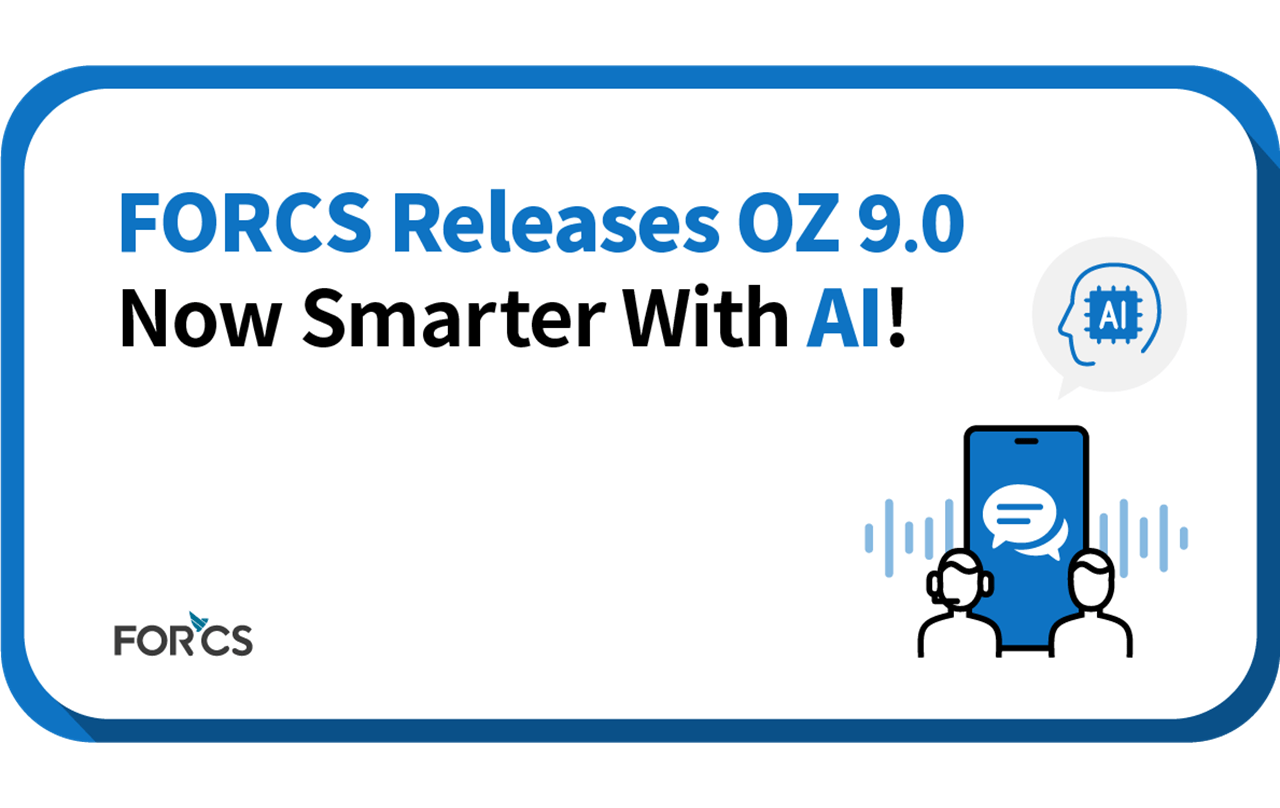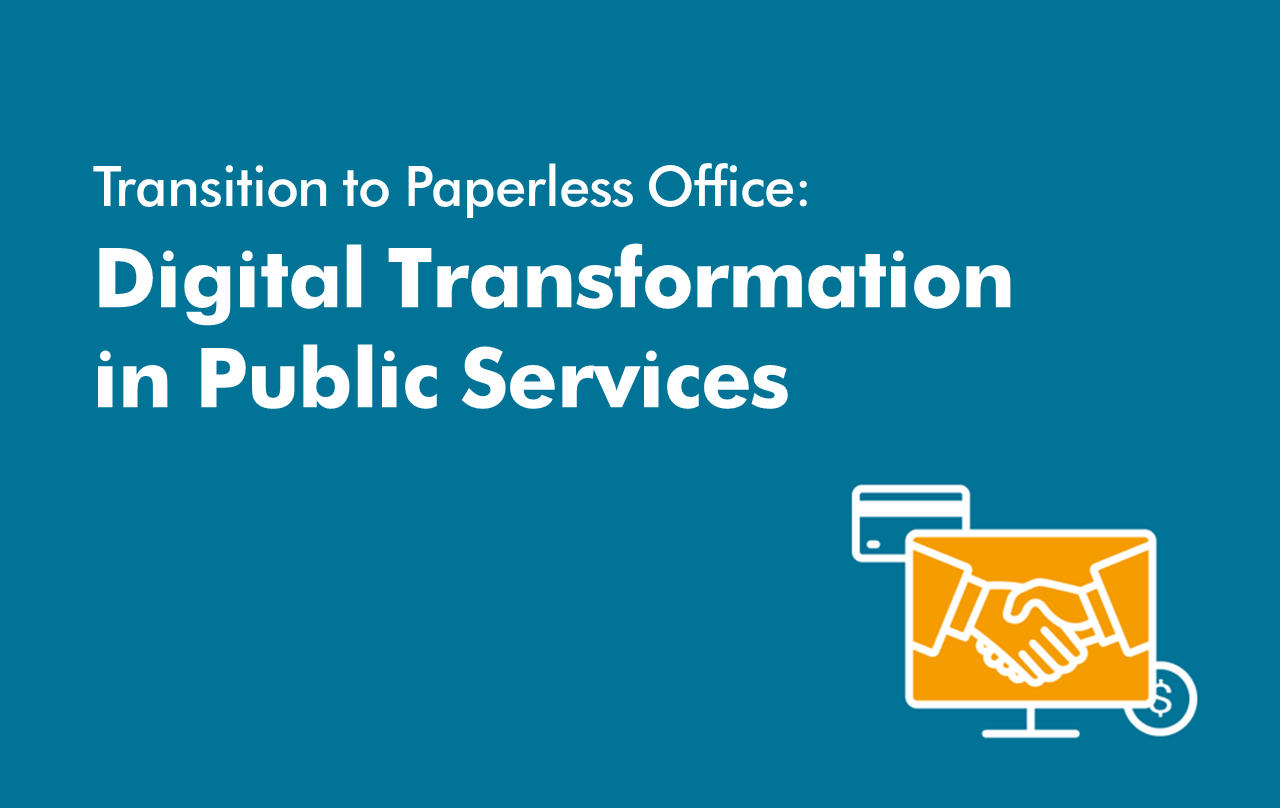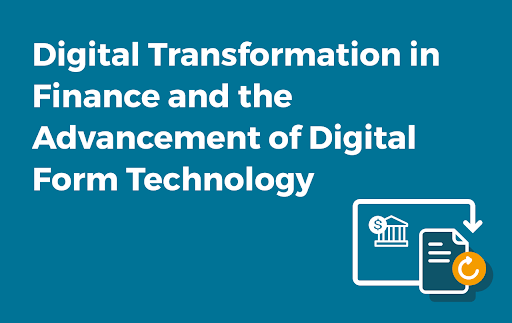FORCS: Leading South Korea’s Electronic Document Landscape
In the saturated South Korean market for electronic document creation, FORCS is a prominent player leading the charge alongside other key industry competitors. The competition is becoming increasingly intense in the public and financial sectors, where adopting paperless solutions has become a hub of innovation. These industry leaders proactively integrate advanced technologies, such as cloud computing and generative AI, into their solutions to gain a competitive edge.

Evolution of Electronic Documents in South Korea
The legal relationship between electronic documents and electronic transactions in South Korea is governed by the Framework Act on Electronic Documents and Transactions (FAEDT). According to the FAEDT, an electronic document is a piece of information created, transformed, transmitted, received, or stored electronically by an information processing system. The benefits of electronic documents include inheriting the advantages of traditional paper documents while mitigating several drawbacks.
Electronic documents excel in performance, as they do not change over time, unlike their paper counterparts. Furthermore, while paper documents necessitate dedicated storage space for thousands or even millions of files, electronic documents are incredibly space-efficient. Electronic documents embody the cumulative knowledge of record technology through these advantages. FORCS underscores the virtues of their solution—highlighting dynamic capability, stability, and space efficiency—representing technological evolution and accumulated expertise.
The complexity of electronic document creation becomes evident when considering various aspects like generation, distribution, storage, and utilization. Among these facets, electronic document creation stands out as the most critical. Electronic document creation typically falls into two categories: electronic documentation, which involves scanning and converting traditional paper documents into electronic formats, and ‘Born Digital,’ which refers to documents created electronically from the outset.
One pivotal transformation occurred in 2012 when amendments to the Enforcement Rules of the Insurance Business Act paved the way for the establishment of ‘Electronic Document Creation and Management Standards for Insurance Contracts through Electronic Signatures.’ This significantly streamlined the process, allowing electronic formats to become the standard model for creating electronic documents without the cumbersome generation-printing-reconversion cycle. This change marked the industry’s shift toward mainstream adoption, beginning with the Insurance sector.
Expanding Alongside the Financial Sector’s Paperless Transformation
Following the Insurance Business Act amendment, standards were established for creating and managing electronic documents through electronic signatures, leading to the development of PC-based electronic application environments. This new process has made using tablet devices easier, simplifying the previously cumbersome process. The implementation of this system began with insurance companies and quickly expanded to include first and second-tier financial institutions. FORCS, a company that provides digital form solutions, has since become a significant player in the industry.
The solutions and engines possessed by companies like FORCS empower the creation of specific electronic formats by seamlessly integrating with an organization’s database. This adaptability perfectly aligns with the financial sector’s demand for various formats, making FORCS more competitive than its counterparts offering standardized formats. This competitive edge allowed specialists like FORCS to expand their influence in the industry.
In an innovative landscape, FORCS maintains a leading position, continually shaping the electronic document industry through its unwavering commitment to advancement. Their pursuit sets new benchmarks in efficiency, security, and technological integration, propelling the industry toward a more sophisticated and reliable future.
By redefining standards and persistently innovating, FORCS spearheads South Korea’s electronic document evolution, contributing to a more efficient and secure technological landscape.




